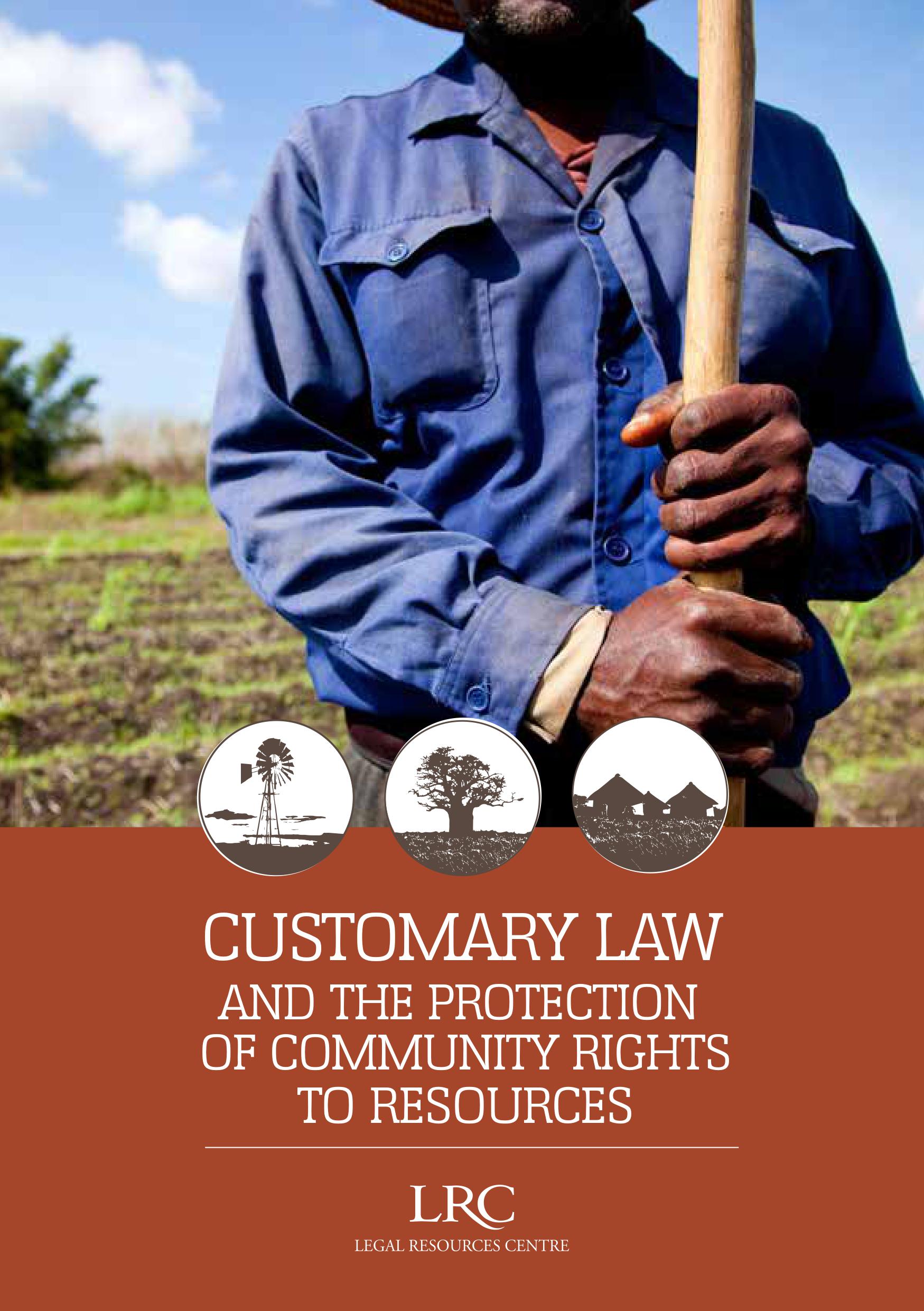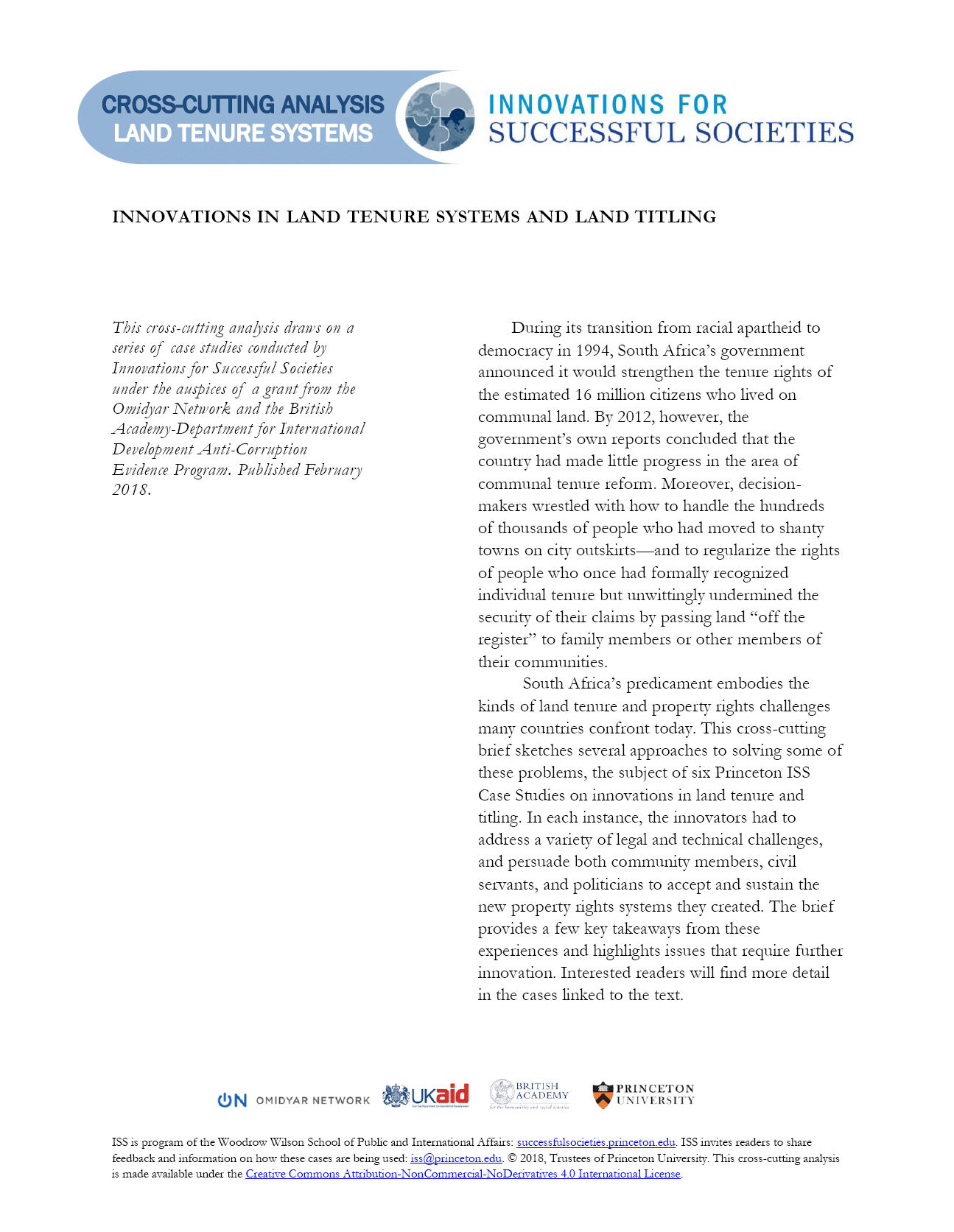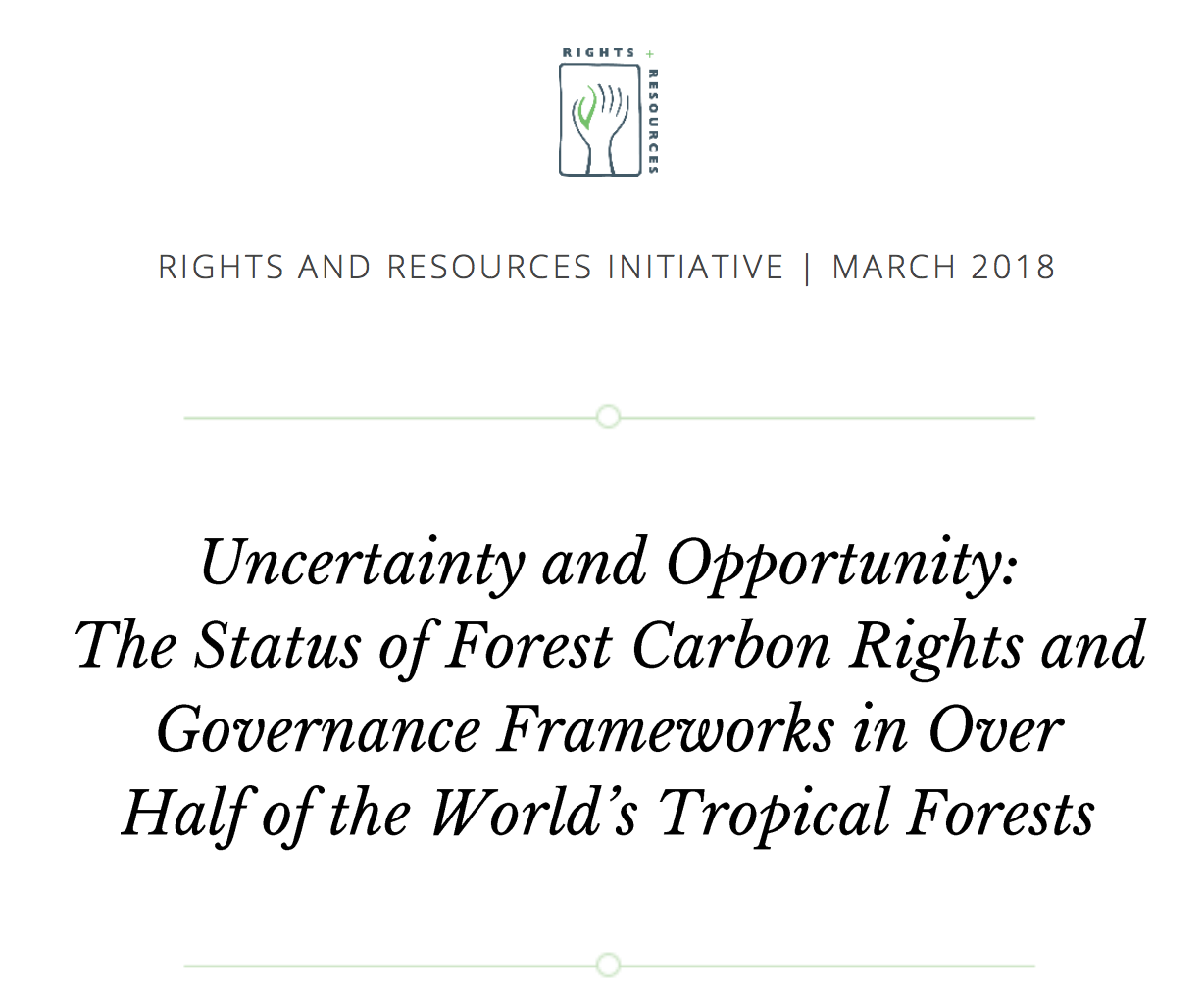Sub-decree No194 on downsizing 846.8997 hectares in Ou Chum district, Ratanakiri province from forest cover 2002 and privatizing state land for grants as communal ownership for a Kreung indigenous and ownership on land parcel
Land area of 846.8997 hectare in Ou Chum district, Ratanakiri province has downsized from Forest Cover 2002 and reclassified as "State Private Land" for granting purpose as communal ownership to 165 families of Kreung indigenous community on 20 land parcels including 10 parcels for residential, 10 parcels for traditional agriculture in L'ak commune, Ou Chum district, Ratanakiri province.






